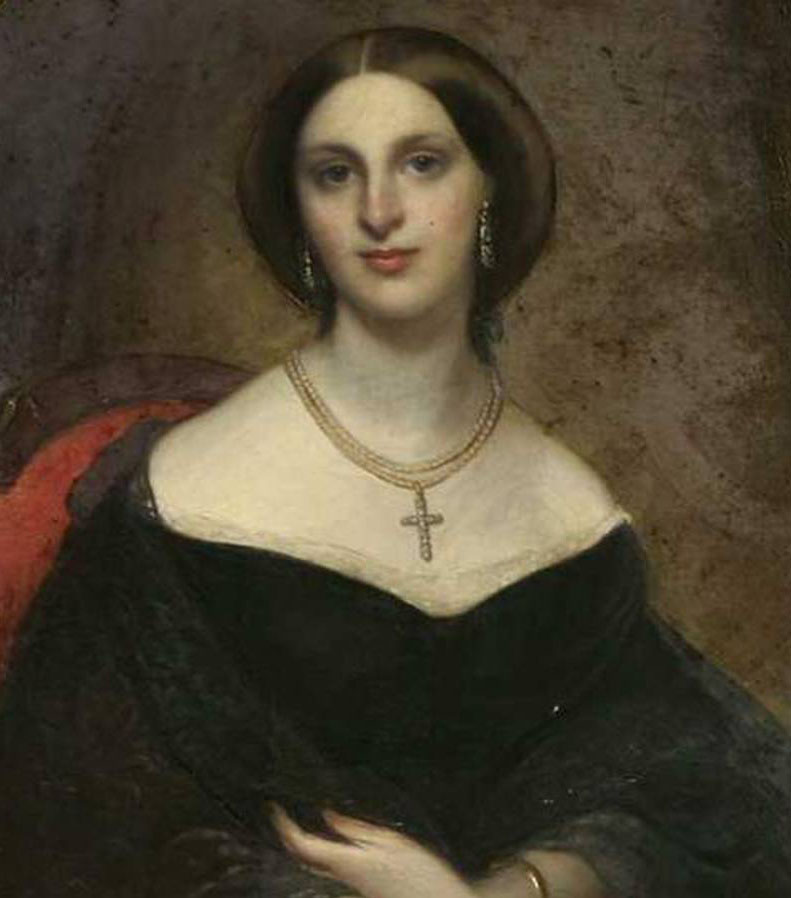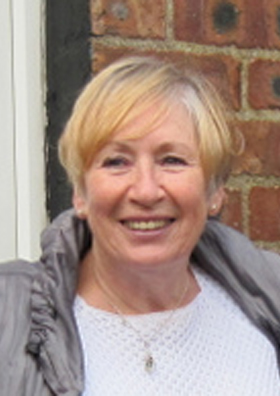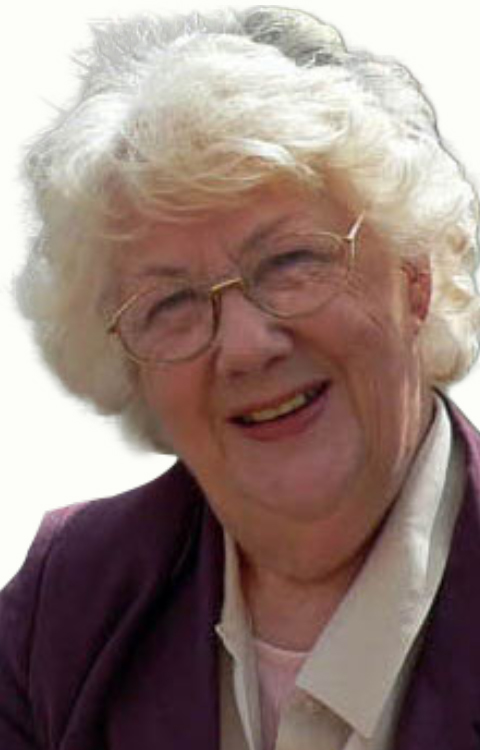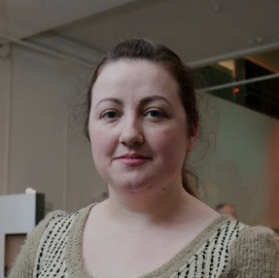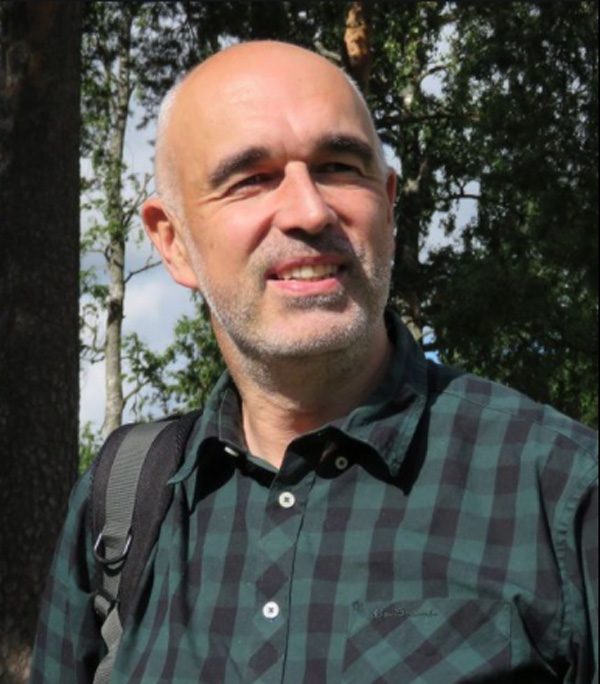Our next monthly meeting will take place on Wednesday, 9th November at 7:00 pm in the Observatory Library.
Our speaker this month is Dr Andrew Newby, who has already delivered two talks for us over Zoom on topics related to Irish / Finnish history. This time, he will be giving a talk in person on:
“The Evils Which Have Arisen In My Country”: Mary Power Lalor – A Female Landowner in Victorian Ireland.
Mary Power Lalor (née Ryan) was born in 1840 at Inch, Co. Tipperary, into a landowning family described as “one of the few Milesian Roman Catholic families to have retained their property.” Her mother, Catherine Whyte, came originally from Loughbrickland in County Down, and seems to have had a considerable influence on Mary’s later perspectives on self-help, education and philanthropy. After taking her husband’s estate upon his death in 1873, Mary Power Lalor became a significant figure in Irish life, involved in the New York Herald Relief Fund (1880), the relief of distress in Donegal (1883), and leading the Irish Distress Ladies Fund (from 1886), as well as being appointed Government Inspector of Lacemaking in Ireland (1887).
This overview of Power Lalor’s life, highlights various interlinked themes in the economic, social and political life of late Victorian Ireland. Firstly, it demonstrates that philanthropy served a social function beyond altruistic engagement by the wealthier members of society: it contributed to the maintenance of the established social order. Secondly, the development of female participation in civic society, as well as the contemporary “self-help” ethos can be examined from her long involvement in philanthropic work. Thirdly, despite the “esteem and admiration” which Power Lalor may have received from some Nationalists, there were various points of turmoil during her life, especially during the Land War and the Pland of Campaign, underlining the impact of national politics on local landlord-tenant relations.
As a proud Irishwoman whose life was nevertheless securely anchored within the British imperial system, Power Lalor demonstrates that national identity in nineteenth century Ireland was not always polarised between “unionist” and “nationalist” as might be assumed.

